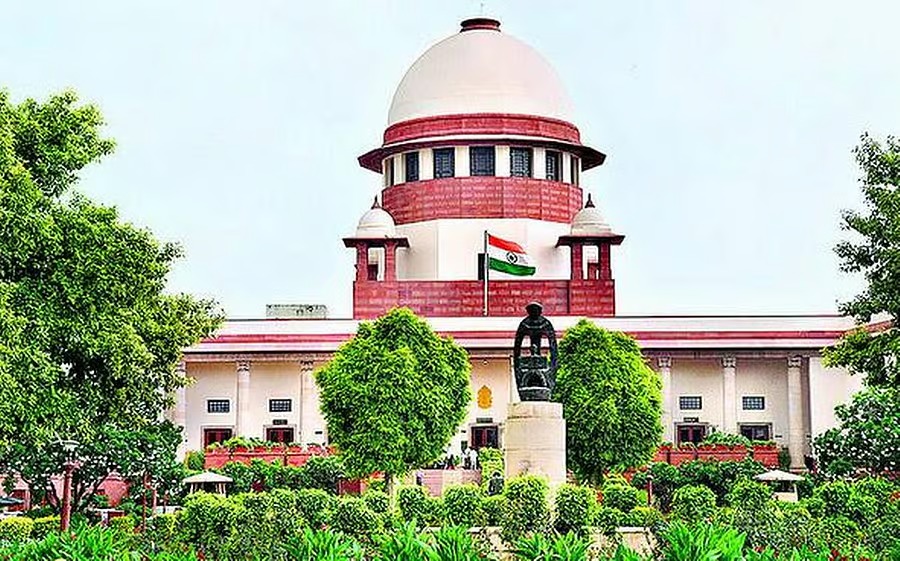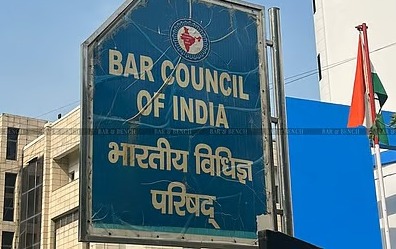Gorachand De, J.@mdashThis revisional application is directed against an order dated 27.8.1998 passed by the learned Sub-Divisional Judicial Magistrate, Sadar, Bankura in P.S. Case No. 110 dated 24.7.89. By the said order, the learned Magistrate placing reliance on the judgment of the Apex Court in the case of
2. Mr. Mukherjee, learned counsel for the petitioner drew attention of this Court to the earlier order passed by another Bench of this Court on 14.2.96 in Crl. Revision No. 680 of 1993 in which a view was taken that after the stipulated period, if investigation is not concluded, the learned Magistrate was in obligation to discharge an accused u/s 167(5) of the Code. The said revisional application was filed by one Madan Mohan Sarkar, figured as accused No. 3 in the charge sheet submitted by the Police after investigation in this case. Mr. Mukherjee also drew attention to the order dated 11.6.96 passed by the learned SDJM after filing of the charge, sheet on receipt of the said order of the High Court passed in Crl. Revision No. 680 of 1993. The learned Magistrate after going through the direction issued by this Court in Crl. Rev. No. 680 of 1993 discharged few of the accused persons against whom charge sheet was filed. The present petitioner also moved the learned SDJM for his discharge u/s 167(5) of the Code, but as it is indicated hereinabove, the prayer was rejected.
3. Mr. Mukherjee placing reliance on a decision of this Court in the case of Biren Pramanik and Ors. v. State of West Bengal reported in 2002(3) CHN 561 left the entire matter for consideration by this Court. However, he submitted that when few of the accused persons are already discharged u/s 167(5) of the Code, the same benefit is to be given to the present petitioner in respect of self-same proceeding.
4. Mr. Chattopadhyay, learned counsel appearing for the State, however, contended that the law on the point after passing of the order dated 14.2.1996 in Criminal Revision No, 680 of 1993 under went radical change due to the clarifications given by this Court as well as by the Apex Court and accordingly, he placed full reliance in the case of Biren Paramanik (supra) for a just decision of this case.
5. It is the admitted case of both sides that the investigation was required to be concluded on 18.9.1992, i.e. within three years from the date of arrest of the first accused on 19.9.1989. It is also admitted that charge-sheet was filed after 18.9.1992. It also appears that in view of the order passed in Criminal Revision No. 680 of 1993 few of the accused persons named in the charge-sheet were discharged u/s 167(5) of the Code thereby indicating that investigation against them was stopped. But it is to be noted that the learned Magistrate while proceeding with this case placed reliance in the judgment in Durgesh Chandra Saha (supra) passed by the Apex Court. This Court in Crl. Rev. No. 680/93, however, placed reliance on the Special Bench judgment of this Court in the case of Sakti Sadhan Majhi v. State of West Bengal, reported in 1994 C Cr LR (Cal) 137. It is to be noted that after the Full Bench decision of this Court in
"10. In all the instant case, it appears that the Court below took cognizance of the. offence immediately on filing of the charge-sheet without taking into consideration as to whether cognizance was to be taken on the basis of the investigation done during the statutory period, along with the extended period, if any. There is nothing on record to show or indicate that the learned Court below had any occasion to consider the principles adopted by the Full Bench of this Court or the Apex Court discussed hereinabove. Hence the taking of automatic cognizance on the basis of entire police report without taking into consideration the provision of Section 167(5) is not Justified in law and hence the order of taking cognizance is liable to be set aside.
11. But since a police report has been filed, it is incumbent upon the learned Magistrate to examine the same and thereafter, to come to a conclusion at the time of taking cognizance, and to specify upto which period of investigation was taken into consideration. If there was no extension to the period of investigation as envisaged in Sections 167(5) and 167(6) of the Code, the taking of cognizance is to be limited to the statutory period. If it is found that taking of cognizance on the basis of police investigation was not possible, notice is to be issued to the de facto complainant before passing any final order.
12. In this connection, it would not be out of place to indicate that the West Bengal Amendment in respect of Sub-section 167(5) came into force on 2nd May, 1989 and as such, the period fixed by that section, is to be counted from 2nd May, 1989 inasmuch as the amendment has not been given retrospective effect, and in the section itself if it is not specifically said that it will have retrospective effect. It is a settled principle of law that procedural law cannot have any retrospective effect unless specifically expressed in the provision itself. The provision of Section 167(5) accordingly has no retrospective effect.
13. Lastly, I deem it proper to direct the Courts competent to take cognizance of an offence on the basis of police report to fix the date of submission of the police report at least on or before the last date of the period fixed u/s 167(5) of the Code so that the investigating agency is not misled looking at the date, which may be a later date after the expiry of the statutory period generally fixed by the Court for submission of the police report. It is made clear that simply fixing a date beyond the statutory period does not enlarge the period of investigation automatically within the meaning of Section 167(5). With this comment all the four applications are disposed of.
14. The impugned orders as regards taking of cognizance along with the subsequent orders passed in each of these proceedings are set aside and liberty is given to the Court below to reconsider the police report in the light of the observations made hereinabove. All interim orders vacated."
6. Accordingly, in the present case the learned Magistrate shall be at liberty to consider as to whether cognizance can be taken on the basis of investigation, done up to statutory period i.e. upto 18.9.92. But a question was raised as to what will happen in respect of those accused persons who are already discharged u/s 167(5) of the Code by the learned Magistrate. Since the law enunciated is in favour of taking of cognizance, if sufficient materials are available, on the basis of investigation done during the statutory period, it would be open to the learned Magistrate to act accordingly and if necessary, after following the provision of explanation to Section 300 of Code of Criminal Procedure.
7. Such a view was taken by the Full Bench of this Court in the case of Kalyan Kumar Das v. State of West Bengal (supra) in paragraph 50 of the judgment, a portion of which is quoted:
"50. It is also needless to mention that discharge of the accused u/s 167(5) does not amount to acquittal in view of the explanation to Section 300, Code of Criminal Procedure and therefore if at any subsequent stage the investigating officer submits charge-sheet and the Magistrate takes cognizance being restricted to the investigation carried on during the prescribed period, there will be no bar for the Court to enforce the appearance or production of the accused by issuing suitable process after taking cognizance although he might have been earlier discharged u/s 167(5)."
8. In view of the above discussion and keeping in view the law on the point, I deem it proper to set aside the order dated 27.8.98 passed by the learned SDJM with a direction to proceed with the case in accordance with law as discussed hereinabove.
Let a copy of this order be communicated to the trial Court forthwith.
Urgent xeroxed certified copy of this judgment be given to the parties on usual terms and conditions.

